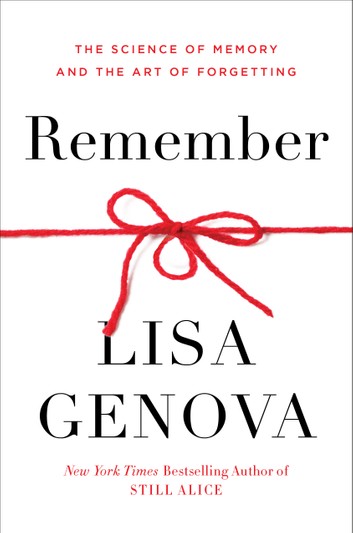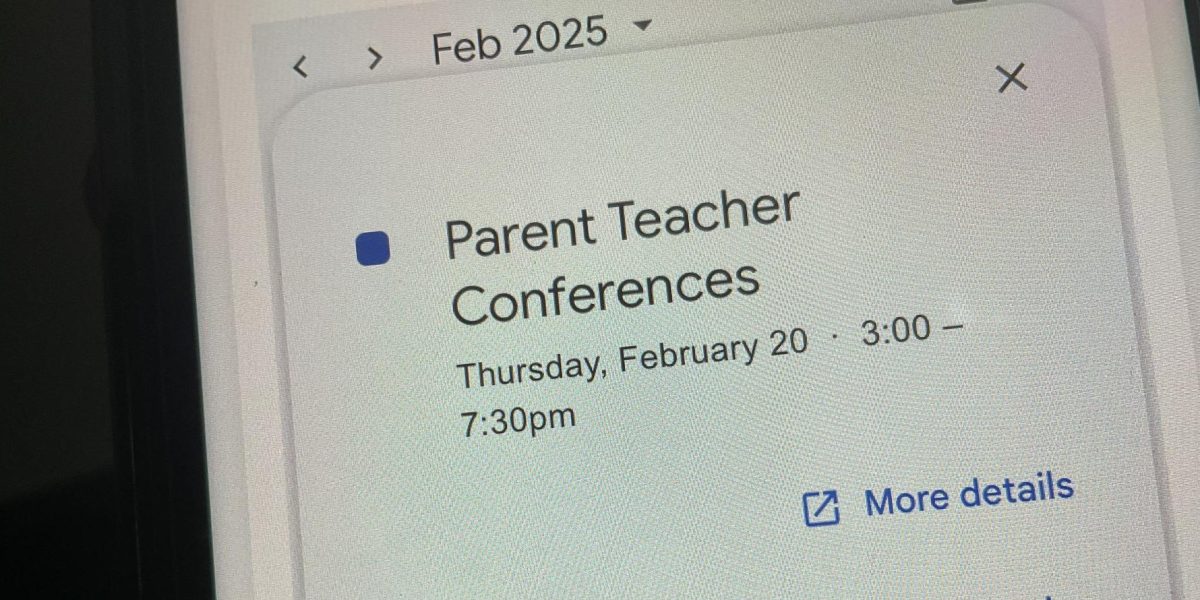Remember to Pick This New Edifier Up
Lisa Genova’s new edifier Remember, should be read and remembered by teens and adults for years to come.

Remember by Lisa Genova (Hardcover, 272 pages).
May 11, 2021
As high school students, we don’t necessarily have to worry about a disease like Alzheimer’s or Dementia at the moment, but it’s never too early to start thinking about it. In her latest novel Remember, author Lisa Genova explores the ideas of memory and forgetting to an extent that’s not all doom and gloom, nor is it all sunshine and rainbows. In a very natural and lively way, almost as if she’s talking with the reader face to face, Genova details special cases of people with memory extremes, sad losses, and what’s all going on inside of your head when you make or forget memories.
This book was incredible with the way it presents information about one of the most complex body parts and one of its most fascinating aspects, with a dialect that feels real and genuine. A recurring idea from that this edifier constantly returns to is the idea of how “Your brain isn’t interested in knowing what’s boring or unimportant. If you want to know more stuff, make the information meaningful to you” and Genova sticks like glue to her own advice (p 71). It was confusing at first because while I’m not affected by any sort of memory issues, this book will continue to stick with me not just because of the well-presented information, but because this book clearly meant something to her and is a pure example of a passionate edifier.
One most interesting aspects of this edifier are all of the different cases of both tragic memory loss and amazing memory extremes. Two cases Genova highlights most is the case of Akira Haraguchi, who was 69 years old and set a world record of reciting 111,700 digits of Pi all from memory, and Henry Molaison, the man who had his hippocampus removed and couldn’t remember anything for more than a few seconds. These studies and stories are all perfectly detailed by Genova, not being too long or short, and these examples are so versatile that each time they’re brought up, the reader is still interested. With that said, if you’re into interesting cases that keep your mind awake for a bit, Genova has cases like this all over her book, and while I did find myself wanting even more of these unique examples, you won’t be disappointed.
Another really well-delivered point by Genova through the entire edifier is that even if you do have Alzheimer’s or you think that you’re getting it, it’s not necessarily a bad thing and you might be worrying a bit too much. Losing all of your memories of your family, friends, home, and even yourself is a scary aspect to think about for anyone. However, Genova does a really good job of acknowledging that these thoughts and feelings are real, but there’s no need to be afraid because you’re still living and breathing and the fact that you forgot where you put your phone a few times might’ve just been because you weren’t paying attention. After all, she does emphasize how we could all pay more attention not just to physical objects, but to other people.
While this edifier does only talk about a serious disease like Alzheimer’s, which only primarily shows in people over age 60, it’s really surprising how good of a job Genova did trying to at least appeal to people of all ages. She could’ve written a novel with examples that only adults in their late 30s and up understand, but she didn’t choose that route. She not only detailed relatable examples in different sections like forgetting a Netflix password, cramming right before a test, or remembering the time your daughter got stung by a jellyfish at the beach. She also details primarily to the younger audience about how habits formed early on can be a lot better for yourself later in life.
One final aspect that will make this book stick in my head was a lot of helpful advice that made for some really strong quotes, which was most likely due to the dialogue feeling like she was giving a presentation in front of me. For an instant example, Genova gave some great heartbreak advice: “Want to forget the sordid details in the heartache you’re feeling? Stop repeating the story of what happened. Stop going over the details with your friends in your thoughts. Don’t overlearn the experience. If you can find the discipline to leave those memories alone, they will eventually fade” (p 151). Or a strong quote that capped off the end of a chapter all about stress and how it’s both good and bad for your brain: “Forgetting happens. If you stress about it, it will happen even more” (p 206). This book has a lot of great advice for other common topics like misplacement, sleep deprivation, and anxiety.
In conclusion, Remember by Lisa Genova might discuss topics that are slightly out of range of teens, but she makes the reader want to explore these interesting stories and how magical the human brain really is with interesting examples and natural dialect. It doesn’t try to falsely sugarcoat topics, as it uses hard facts with examples and wording that makes you feel as if you’re an audience member at one of her TED presentations. There’s also a ‘further reading’ section at the end, so if you’re looking for ways to train your brain and remember beautiful things forever, forget the terrible things, find out why, and explore all the positive and negative aspects of memory, you don’t have to just be nearing your 40s and forgetting the name of the dude at the restaurant. Pick this book up for yourself and explore a deep dive into one of the most amazing aspects of what our brains can do.





















































